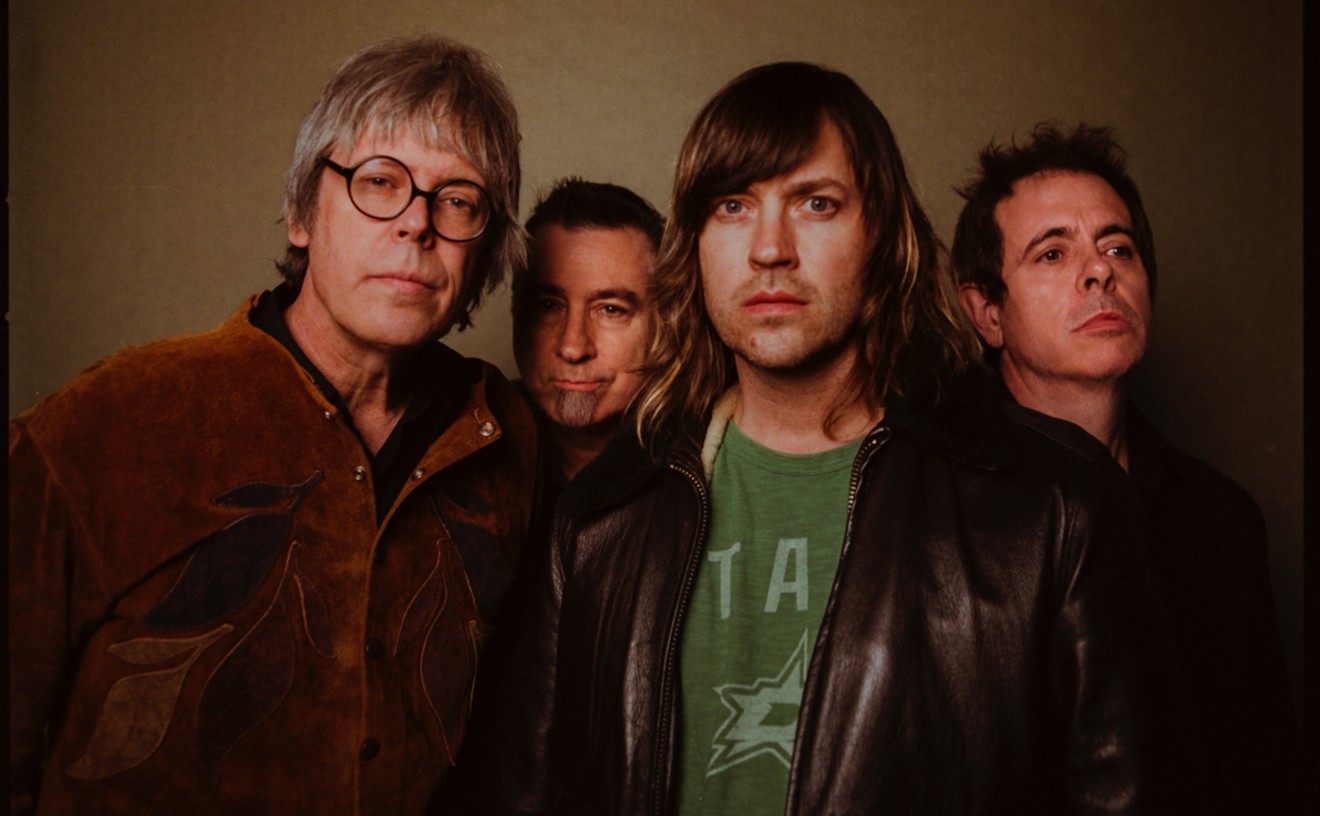For the past few months, whenever an OK Go video appears between performances on the Granada Theater's video screen to promote the band's upcoming show at the venue, people cheer. The reactions have been the same whether it's a crowd awaiting the French folk-rock of Yann Tiersen or the schizoid metal of the Dillinger Escape Plan.
And for good reason: There's more to this band than four guys who dance on treadmills.
Formed in Chicago in 2000, the band has always worked hard in terms of how they present themselves. Now on their own after three records with Capitol/EMI, OK Go are in an even better spot in their career.
With their quasi-power pop and eye-catching videos done inexpensively, they are not a band weighed down by label woes.
"I sort of thought of us as a DIY band with the label being one of our tools," vocalist/guitarist Damian Kulash says. "That might sound rather pie in the sky, but I think post-2003, there's no question that labels don't own the world's consciousness."
Kulash's roots are in Washington D.C., growing up around Dischord Records in the late 1980s and early 1990s. He saw iconic bands like Fugazi, Jawbox and Shudder to Think play around the area. Dischord co-owner Ian MacKaye even loaned Kulash money to start up a label while in high school. One year, he saw Shudder to Think play 12 different times.
"I went to shows all the time," Kulash says of that time period.
The experience of being around that world definitely helped him with OK Go.
"Oh, unquestionably," Kulash explains. "I have not followed Ian's path to the letter. Our band operates in very different times than Dischord did. As a band, we have always been self-directed. We saw our relationship with the label as a business relationship."
Indeed: Earlier this year, he wrote his third op-ed piece for The New York Times. All three editorials focused on the changing nature of the music industry, but for his most recent piece Kulash spoke up in defense of his band's choice to allow its music videos to be embedded onto other sites from YouTube—in direct conflict with the wishes of the band's handlers at Capitol Records. Less than a month later, his band underwent a very public divorce from Capitol/EMI. Ugly as it may have been, the band's come out the other side of the separation with more freedom than ever, Kulash says.
"It's incredibly liberating, but it's incredibly easy for us at this point," he says.
Given the band's popularity, it's not like the band has to rely on a major label to remind people that it's still around. Still, when asked how involved he and his fellow band members are with their own recently founded upstart label, Paracadute Recordings, Kulash responds with a single word: "Very."
Coupled with only a handful of people working with them, Paracadute is the band's home for the foreseeable future, Kulash says. Mostly because, unlike with its previous major-label home, the band is now free to do as it chooses—with its music videos and with its career.
"All of the things that we get to do creatively are what excite us," Kulash says. "We make those videos because they're fun for us and they're gratifying and satisfying to make."











